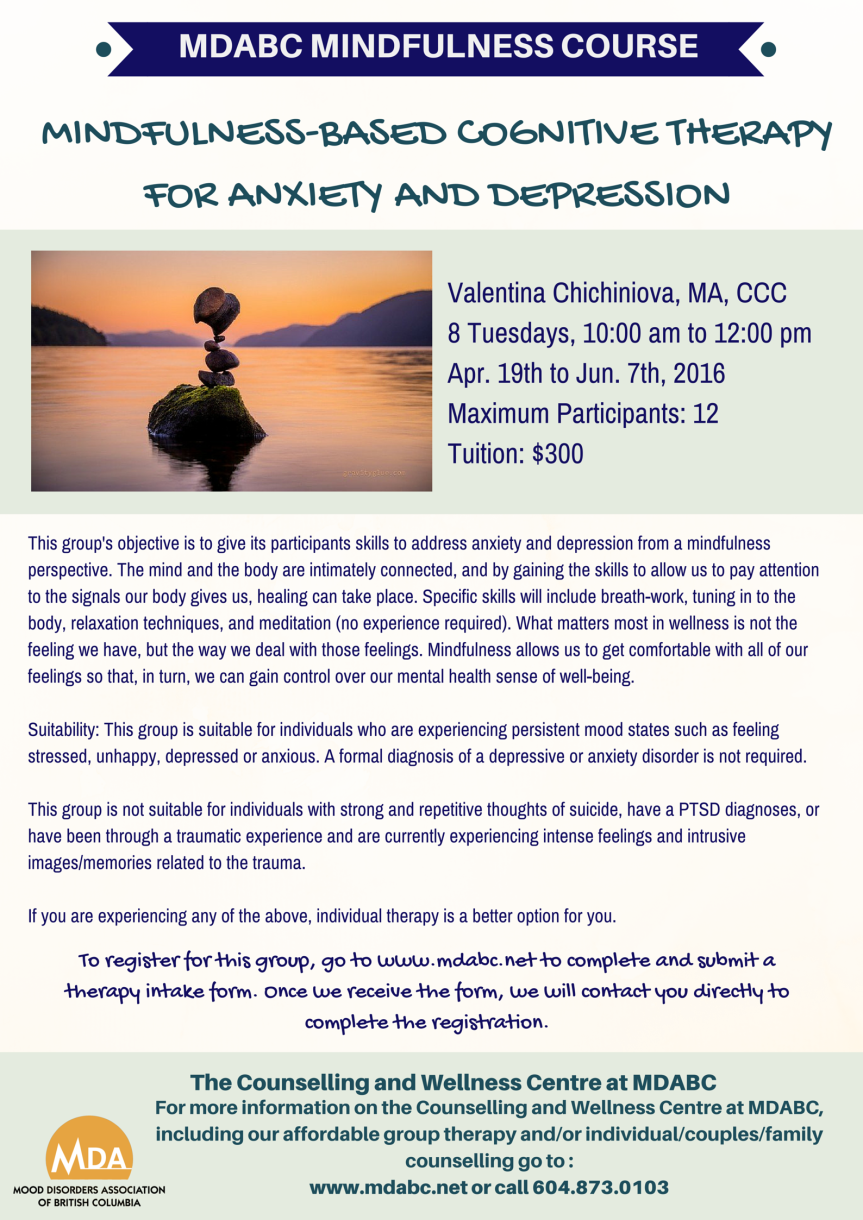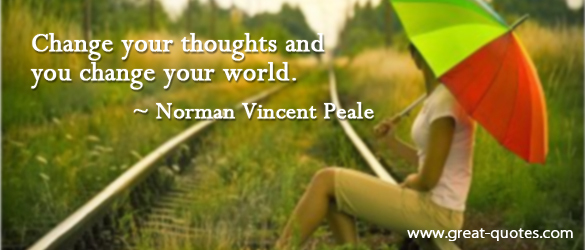
Each day tens of thousands of thoughts stream through our brain. Some of them deliberate, some automatic, and many completely random. However, many of the thoughts we have act as a running dialogue, which we call self-talk. When this self-talk contains negative of self-deprecating messages, it can have a big impact on how we feel about ourselves. For example, if our self-talk is telling us “I’m not good enough” or “I’m incapable”, it can result in self-doubt and leave us feeling depressed, anxious, and defeated. These messages often can start to play on repeat and get stronger the more that we say them, a process called rumination. Our brain may also seek out information in our current or past experiences that provide evidence to support.
So, what can we do to reduce the impact of negative self-talk? The good news is there is plenty we can do to intervene with the negative messages we are relaying to ourselves. One of the most powerful way to do this is to re-shape and replace our self-talk through a process called thought restructuring.
plenty we can do to intervene with the negative messages we are relaying to ourselves. One of the most powerful way to do this is to re-shape and replace our self-talk through a process called thought restructuring.
Steps for Shifting Self-Talk:
- The first step in the process is to recognize our negative self-talk in the first place. Often our negative self-talk happens quite automatically, so it can be helpful to pay attention to the dialogue running through our mind. Journaling our thoughts is a powerful way of doing this.
- Next, we want to take those thoughts we identified and start to dispute ones that are not fair, balanced or realistic. We often assume our thoughts are facts. However, if we dig a bit into the evidence that is supporting them, we sometimes find that we are basing the thought on limited or skewed evidence.
- Finally, we want to replace our initial thought with a more positive, self-compassionate, or realistic thought. This can be a completely new thought or a reframe our initial thought. Our initial thoughts that “I’m not good enough” and “I’m incapable” could now look like “I am good enough” and “I have many ways that I am capable”.
These new thoughts may seem strange or have limited buy-in at first. But often the more we practice restructuring our thoughts, the more it allows us to experience shifts in our patterns of thinking and feeling. These shifts can ultimately lead to meaningful changes in our perceptions and experiences over time!
By Rose Record Lemon, Counsellor at the Counselling and Wellness Centre at MDABC
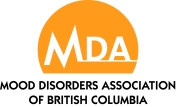

 This book is an amazing resource for anyone who does not have the time to go to a mindfulness therapy program or has been through the program but wants a clear structure of how to continue with the practice on their own!
This book is an amazing resource for anyone who does not have the time to go to a mindfulness therapy program or has been through the program but wants a clear structure of how to continue with the practice on their own!
 I knew from a pretty young age that I wanted to go into a helping field, I think it was in my grade 8 career planning course where I first identified that counselling was something that I wanted to do as a career. My curiosity stemmed not only from my interest in psychology and mental health, but also in seeing and experiencing the profound impact that support can have on the well-being of both myself and the people closest to me in my life. However, I didn’t always work as a counsellor. In fact, I actually worked in hospitality and in business before making a career shift and finding my professional “home” in counselling. A really critical part of that journey were the years I spent volunteering on crisis lines, which demonstrated the power of being there for someone in the moment and offering non-judgmental and empathic support to help navigate the stressors and struggles that come up in life. It made me realize the passion I have for supporting others in their mental wellness journeys. And, it’s been inspiring and honoring now working in an occupation that allows the opportunity to do so, I truly couldn’t imagine doing anything else!
I knew from a pretty young age that I wanted to go into a helping field, I think it was in my grade 8 career planning course where I first identified that counselling was something that I wanted to do as a career. My curiosity stemmed not only from my interest in psychology and mental health, but also in seeing and experiencing the profound impact that support can have on the well-being of both myself and the people closest to me in my life. However, I didn’t always work as a counsellor. In fact, I actually worked in hospitality and in business before making a career shift and finding my professional “home” in counselling. A really critical part of that journey were the years I spent volunteering on crisis lines, which demonstrated the power of being there for someone in the moment and offering non-judgmental and empathic support to help navigate the stressors and struggles that come up in life. It made me realize the passion I have for supporting others in their mental wellness journeys. And, it’s been inspiring and honoring now working in an occupation that allows the opportunity to do so, I truly couldn’t imagine doing anything else! psychologist). As such, the helping professions have always been of natural interest to me, and as a youth I often found myself drawn to the stories and challenging experiences of the people in my life. Further, having experienced a level of anxiety and uncertainty as a child who moved often, I felt that I was particularly well-equipped to empathize with others who experienced similar emotional struggles. After I completed my psychology degree, I was torn between counselling and law. I worked part-time for a law firm and realized that I was most interested in the experiences of the clients, and this confirmed what I had already suspected- counselling was a much better fit for my personality, and gave me a much deeper sense of contribution. It did not take long for me to enroll in graduate school after that, and the longer I work as a therapist the more certain I am that this is what I am meant to be doing.
psychologist). As such, the helping professions have always been of natural interest to me, and as a youth I often found myself drawn to the stories and challenging experiences of the people in my life. Further, having experienced a level of anxiety and uncertainty as a child who moved often, I felt that I was particularly well-equipped to empathize with others who experienced similar emotional struggles. After I completed my psychology degree, I was torn between counselling and law. I worked part-time for a law firm and realized that I was most interested in the experiences of the clients, and this confirmed what I had already suspected- counselling was a much better fit for my personality, and gave me a much deeper sense of contribution. It did not take long for me to enroll in graduate school after that, and the longer I work as a therapist the more certain I am that this is what I am meant to be doing. “I feel that counselling came to me as an interest and as a calling. Growing up, I had never considered counselling as a profession. It became an interest through other therapists who I’ve spent time with. I learned from them how profoundly impactful it can be to simply BE with someone, to connect deeply with others on a personal and meaningful level. I think that it’s a calling too. I feel so humbled, honored, and so alive to be able to share with others a part of their life journey. In a way, I feel that this is from beyond me – that this call is both a gift and a grace.”
“I feel that counselling came to me as an interest and as a calling. Growing up, I had never considered counselling as a profession. It became an interest through other therapists who I’ve spent time with. I learned from them how profoundly impactful it can be to simply BE with someone, to connect deeply with others on a personal and meaningful level. I think that it’s a calling too. I feel so humbled, honored, and so alive to be able to share with others a part of their life journey. In a way, I feel that this is from beyond me – that this call is both a gift and a grace.”
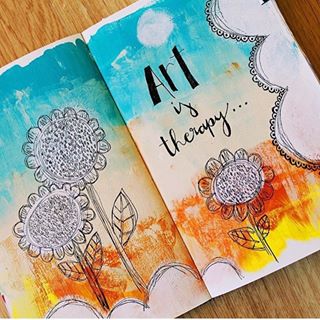 by Polly Guetta
by Polly Guetta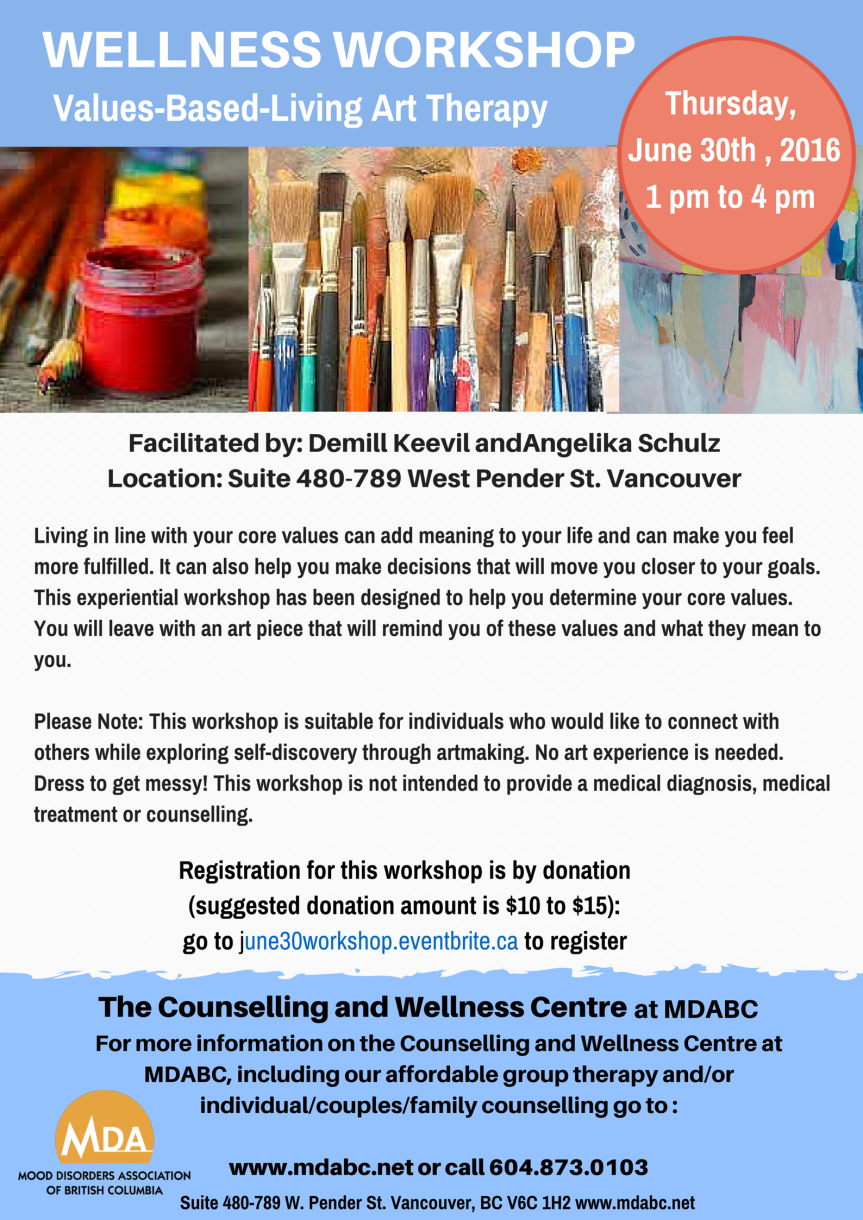

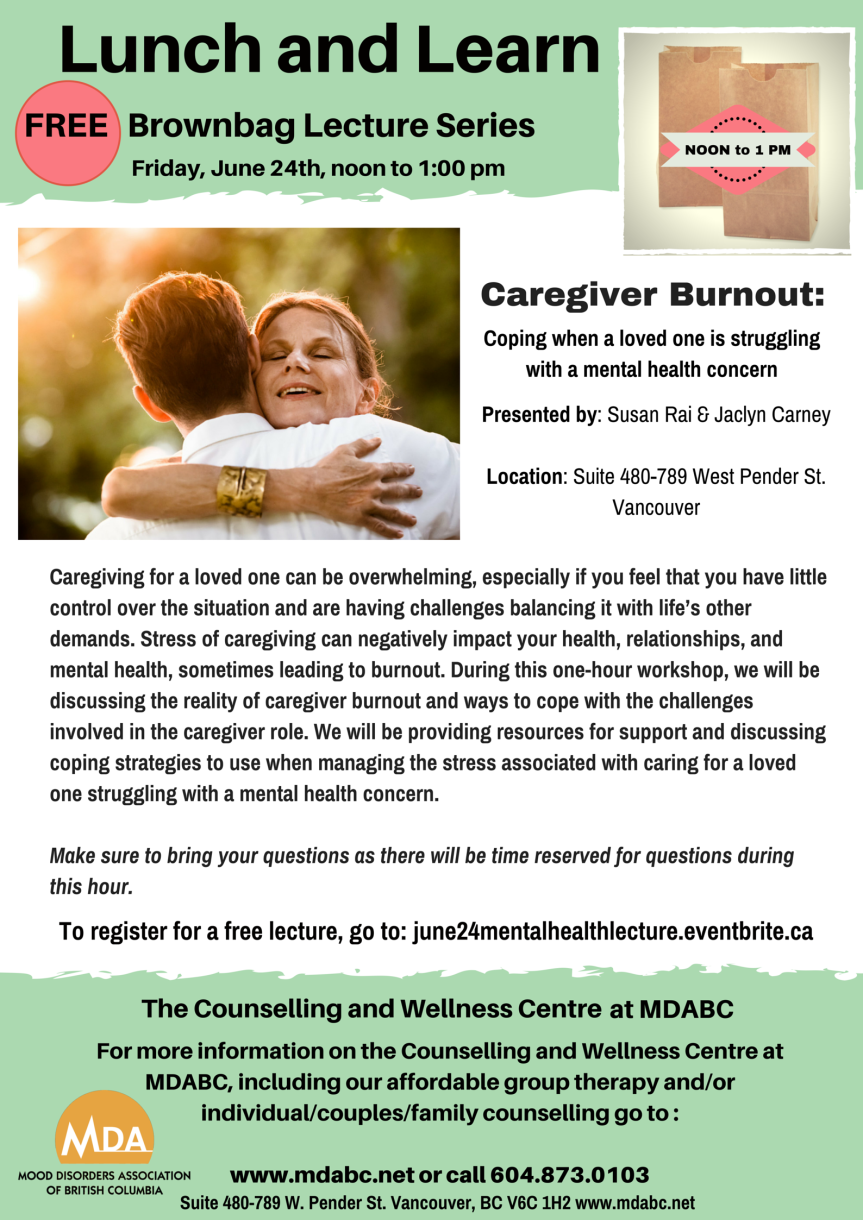
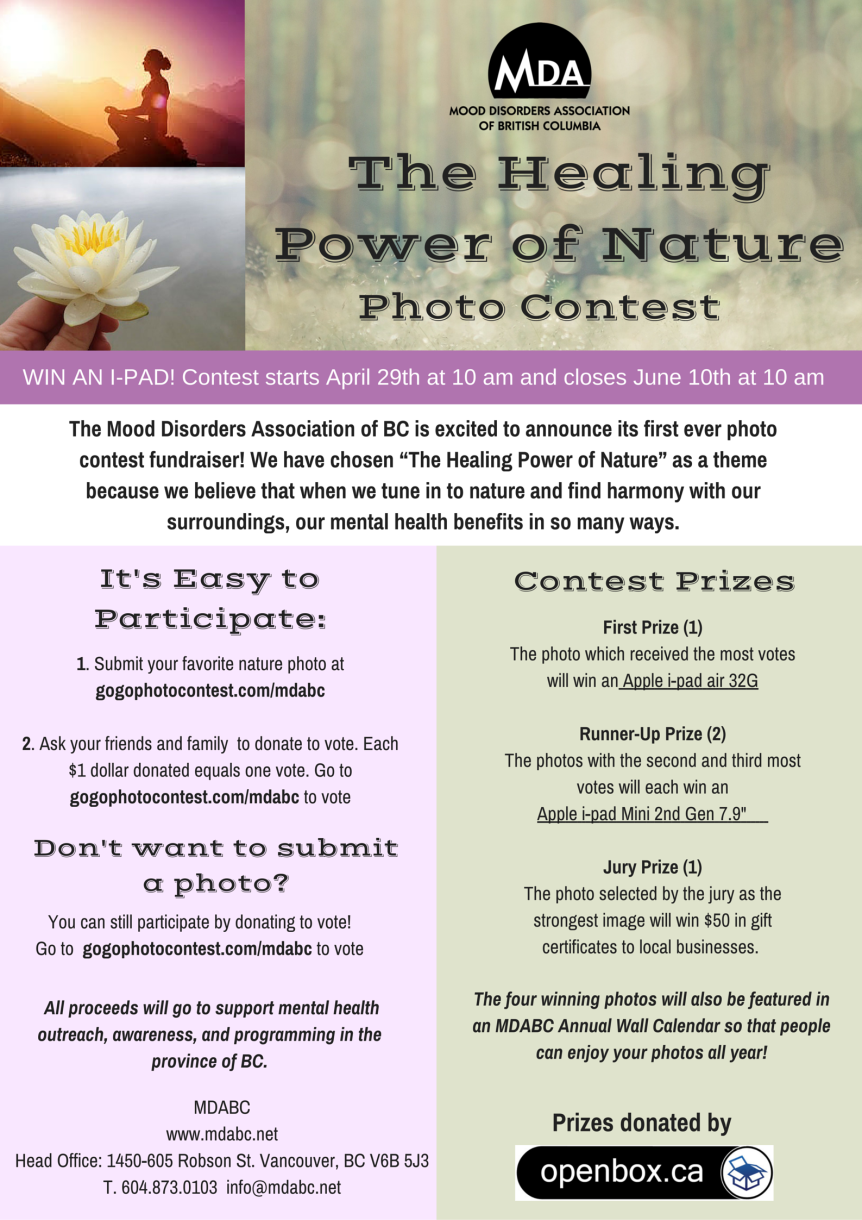
 mindfulness centres, groups, and classes are popping up everywhere…is this just a trend that will soon fizzle out?
mindfulness centres, groups, and classes are popping up everywhere…is this just a trend that will soon fizzle out?